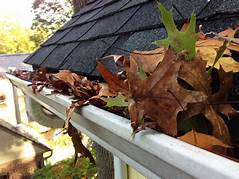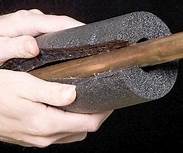Real Estate Home Inspections and Appraisals in the new normal
Even during the COVID-19 outbreak, real estate transactions
go on. Buyers and sellers still
need to move, and the industry is looking for new ways to
accommodate both the needs of
the transaction and, of course, the safety of everyone.
Many traditional real estate activities can be performed virtually. While no one is
suggesting that a buyer will be comfortable buying a home they have only seen during a
Zoom visit, they can minimize the number of homes they physically visit by pre-screening
these homes ahead of time through virtual tours.
There are a few vital pieces of the transaction that require in-person visits, however. Among
these are home inspections and appraisals. Both of these
professionals need access to the
property to properly perform their duties, and it leaves
some potential home sellers and
buyers wondering if it’s even possible to conclude a real
estate transaction right now.
While everyone should cautiously move forward according to their personal sense of
comfort, there are a few things you can do to protect yourself, your family, and the
professionals while they are in your home. Before setting the appointments, thing through
the parts of your home the inspector or appraiser will need to access and think though the
process.
Contact the home inspector and appraiser and work out a plan
together to keep everyone
safe:
• Communicate with them about off-limit areas, and what
parts of the home they can
access.
• Have a notepad in which they can communicate what parts of
the home they came in
contact with, and offer hand sanitizer and wipes for them to
use before and after
touching parts of the home.
• Finally, leave the home during the appointments, and clean
properly once you return
home.
Life does move on – if you are trying to buy or sell a home
during this challenging time, it
might take extra effort. However, working with your real
estate team, you can conclude a
successful real estate transaction amid the COVID-19
outbreak.
Kristi Fenton
Illinois Licensed Real Estate Broker
Swick Realty
812 Hampshire St
Quincy, IL. 62301
217-617-9083
www.searchquincyhomes.com




















